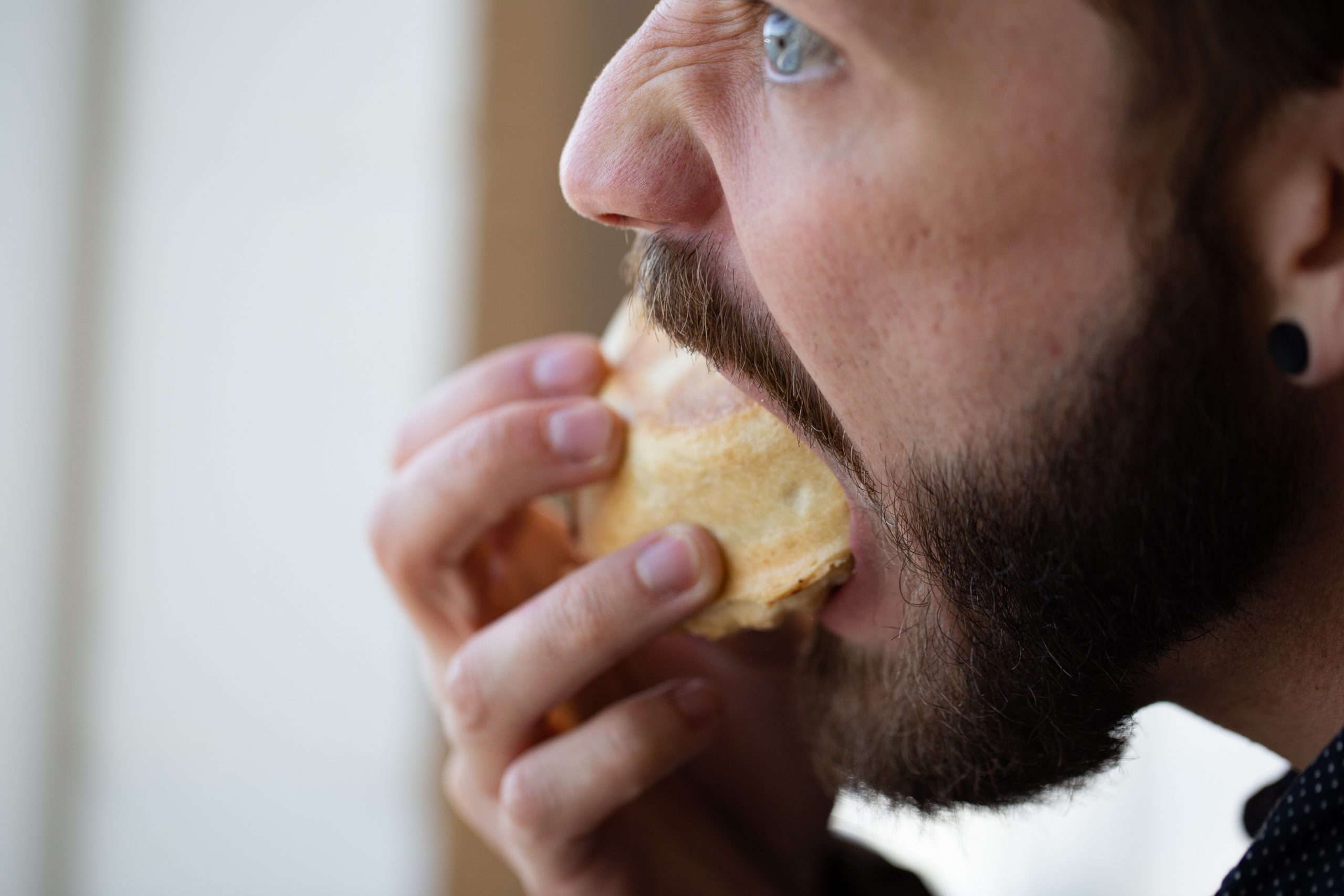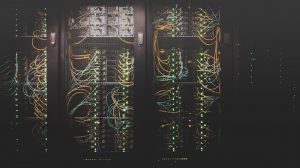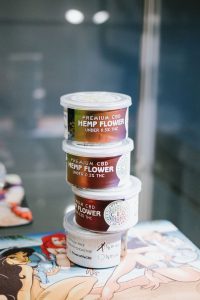Babies are very active during this time, reaching for their phones while breastfeeding, or else they may run out of food. Eat breakfast within 30 to 60 minutes (or up to 2 hours depending on how active you are). Eat again within 30 to 60 minutes.
If you’d like to eat peanuts or foods containing peanuts, such as peanut butter, while breastfeeding, you can do so as part of a healthy, balanced diet (unless, of course, you are allergic to them). There’s no clear evidence that eating peanuts while breastfeeding affects your baby’s chances of developing a peanut allergy.
If you are uncertain about what to eat, talk to your healthcare professional about what you believe is right for your baby. There’s no perfect diet, but you can always ask your healthcare professional if he recommends eating peanuts while breastfeeding.
What should I avoid eating while breastfeeding?
Babies are very active during this time, so much so that
However, breastmilk is made from what passes into mom’s blood, not what is in her stomach or digestive track. So if you notice your baby fussing after a feed, it’s best to leave that feed for a while.
As with all parts of your diet, think moderation. One or two cups of coffee (or other caffeinated drinks such as teas or colas) are not likely to cause a reaction. Unless a baby is unusually sensitive, there is no need to avoid caffeine completely.
From what we know, eating a wide variety of foods is not likely to cause a reaction. Caffeine is not a problem for mom to eat, as long as you limit your intake to no more than three snacks a day.
Just like during pregnancy, nursing moms should avoid or limit their intake of fish, shellfish, shellfish oil, salt or flavorings.shellfish.gov or any website that provides information on the use of fish.
Any advice, recommendations and medical information on how to avoid or limit food or drink any potentially dangerous chemicals (or food sensitivities) is general in nature and not intended to be advice, medical or otherwise.
What should I avoid eating while breastfeeding?
Breastfeeding can make you thirstier than you usually are. If that’s the case, drink a glass of water every time you breastfeed. But no matter how parched you feel, don’t go for regular sodas or fruit drinks, which give you calories without nutrition.
What if I am allergic, have anaphylactic shock, or have other medical problems, and I want to avoid foods that cause inflammation in my body?
No problem. The most common culprits are cow’s milk butyl alcohol, cornstarch, soy, egg white, and peanuts. Avoid these foods unless you are particularly concerned about your baby’s health and the health of others.
What if I am having a reaction to something I have eaten or heard, and I need to seek medical help quickly?
The most likely culprits are food sensitivities such as eczema, reflux, rashes, and runny talk. Seek medical advice if you have any questions.
What if I am having a reaction to something I have eaten or heard, and I need to seek medical help quickly? Very rarely is this need confirmed by the mother’s health care professional,” because such reactions are not common, and there is no need to diagnose them.
What should I avoid eating while breastfeeding?
Babies are curious about new foods and have a harder time categorizing them when they first come into contact with a food group. Common foods that a breastfeeding mother typically encounters while eating a serving of food include:
Grains—Grains are an important source of essential fatty acids and are a crucial part of a healthy mother’s diet. However, they are also a major source of carb alcohol, a problem food for a mother of a K-12 pedigree. A healthy diet highlights how much of a source of fatty acids breast milk is, and how you need to manage calories accordingly.
Grains offer a great source of soluble fiber, which helps a mother’s body deal with the starchy carbohydrates in foods like broccoli, cauliflower, cabbage, and low-fat dairy products. However, if you are on a strict vegetarian and/or macrobiotic diet, consider carefully choosing which foods to include in your breastfeeding diet, as well as any additional nutrients your body needs.
Currently, the only way to definitively tell if you are breastfeeding a healthy baby is by breast feeding. Research has found that a mother’s gastrointestinal system is more active than a father’s, and that more nutrients are stored in the mother’s digestive system than is stored in the father’s digestive system.
What should I avoid eating while breastfeeding?
Babies are made to breastfeed and there are no foods you should avoid simply because you are breastfeeding. Consider carefully which foods to eat and how your baby reacts to them, and talk to your healthcare professional if you think your baby may have an eating disorder.





